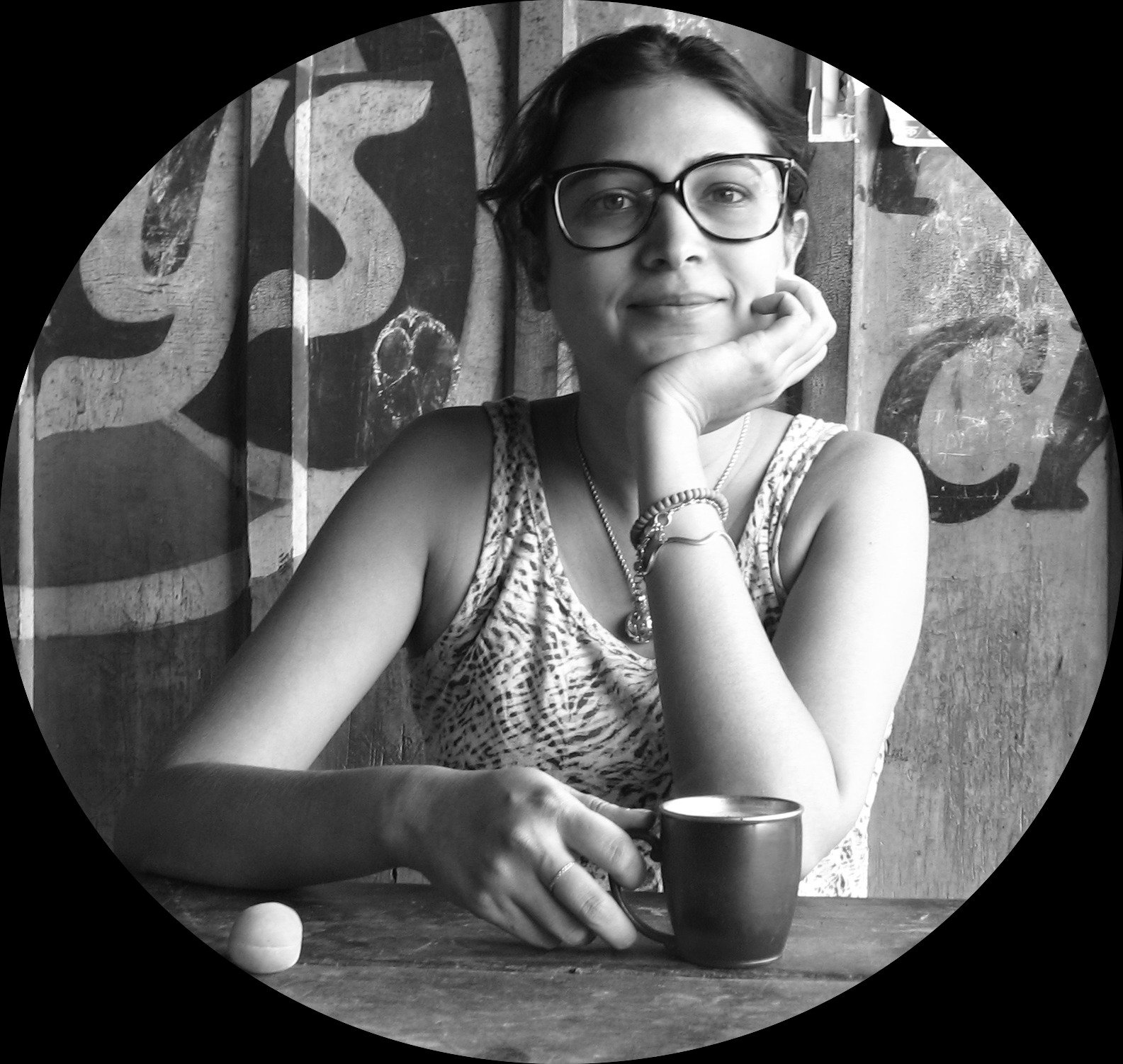ONLY days ago, a prominent Delhi hospital ran out of medical oxygen that led to the death of 12 coronavirus patients, including a doctor of that very hospital – the head of its gastroenterology unit Dr R K Himthani. The hospital, facing an acute shortage of ventilators and ICU beds, raised an alarm over dwindling supply of O2 while struggling with inpouring patients.
Fighting against time, without additional supply, paramedics and doctors used manual resuscitators called Ambu bags as a last resort to keep their patients alive. It was a nightmare as the staff tried to sustain patients and manage desperate family members who learned about the oxygen shortage. Despite all their efforts, they could not save the patients.

Countless such tragedies from all corners of India are being reported every day for the last few weeks:
‘24 dead in Karnataka hospital due to oxygen shortage; Delhi’s Batra Hospital runs out of oxygen leaving 8 patients dead; Death of 5 patients in Uttar Pradesh as oxygen supply disrupted; Oxygen shortage in two Andhra Pradesh hospitals kills 16 Covid patients; Waiting for oxygen 4 dead in ASCOMS Hospital in Jammu and Kashmir.’ The death toll just doesn’t stop.
Gasping for breath
Social media feeds are full of desperate pleas for oxygen cylinders and Whatsapp groups have turned into peer-to-peer helplines to source its supply, vital medicines and locate hospital beds for Covid patients. The situation across the country seems to be worsening as India grapples with a deadly second wave.
Currently, the country is struggling with an astonishing surge in cases – over 36 lakh active infections. The scale at which people are getting infected daily is terrifying – a world record of 4 lakh in a single day. But medical oxygen and essential equipment continue to be in extremely short supply. Oxygen therapy is critical for Covid-19 patients with hypoxia since their blood O2 level becomes very low and the lack of it alone is killing more people than the virus.

We are helplessly witnessing a catastrophe on loop as thousands among us are losing family members, friends, relatives and colleagues. The scale of devastation of human lives and the trauma of patients’ families has put everyone into a state of collective mourning. Harrowing images and videos of patients’ families desperate for help, crying and crowding outside hospitals continue to haunt. Doctors and hospital staff are risking their lives to save ours.
Oxygen shortage
Experts state that India is producing enough oxygen, nearly 7,000 tonnes a day. But most of it goes for industrial use. The immediate need of the hour is to divert it for medical purposes but transport and storage are a challenge. Special cryogenic tankers transport liquid O2 at very low temperatures to distributors who then use it to fill cylinders. The main issue is an acute shortage of cryogenic tankers and secondly, they can only be transported by road, and not by air, for safety reasons.
Further, most oxygen producers are in India’s eastern region, while the soaring demand has been most in northern and western states, particularly in cities like Delhi, Lucknow, Mumbai. The shortage is now acutely felt across regions including the southern Indian cities of Bangalore and Hyderabad.
Our COVID-19 mission to boost supply
To respond to the imploding health emergency, we have launched our Oxygen SOS mission to support critical Covid patients with oxygen and essential equipment through our partner NGOs present across India. As part of this mission we will:
1. Set up oxygen generation plants in hospitals and Covid facility compounds, starting with Delhi, Bangalore, Mumbai and Patna. A 5,000-litre capacity plant costs ₹6cr and can support 650 people per day.
2. Provide oxygen concentrators that use oxygen from the air and convert it to medical-grade oxygen. One oxygen concentrator costs ₹55,000.
3. Distribute oxygen cylinders that can support a patient for 5-7 days. The B-type (1,500L) oxygen cylinder costs ₹15,000 while the D-type (6,000L) costs ₹25,000. We will also refill oxygen cylinders. The cost of refilling AB-type cylinder is ₹800/refill and D-type cylinder is ₹2,500/refill.
4. Provide ventilators and non-invasive life-saving equipment such as Bipaps. One ventilator costs ₹5 lakh and Bipap costs approximately ₹60,000.

Last year too, at the onset of the pandemic, hospitals were facing a shortage of protective gear and equipment. We, at Give, responded in record time to stand strong beside our saviours, our healthcare heroes.
This time too, we are doing everything we can to expedite deliveries of all the components mentioned above – and have been reporting it on all our social media handles – Facebook, Instagram, Twitter and LinkedIn. We are partnering with municipal corporations, state health ministries, hospitals, doctors and key NGO networks to supply oxygen and equipment to government or charitable hospitals and COVID Care Centres.
Together, we can help save lives
An unrelenting human tragedy is unfolding before us and thousands of families are losing their loved ones to coronavirus every single day. There is an urgent need for oxygen in hospitals and COVID Care Centres; a lack of which is cruelly snatching away critical patients’ possible chances of survival.
To alleviate this enormous suffering, we must come together to instil hope and help those in dire need. Countless lives that could have been saved are lost now. But we can still save thousands of lives while staying safe in our homes. Please donate generously to help provide oxygen and vital equipment to critical COVID patients. Saving lives matters most now. India needs us.
Established in 2000, Give is the largest and most trusted giving platform in India. Our community of 2.6M+ donors have supported 2,800+ nonprofits, impacting 15M+ lives across India.

Samar is a Marcoms specialist and freelance writer. She has a master’s in marketing and creativity from ESCP Business School. She is an avid traveller and likes to write about technology, travel, wildlife and sustainability.
Discover more from
Subscribe to get the latest posts sent to your email.
